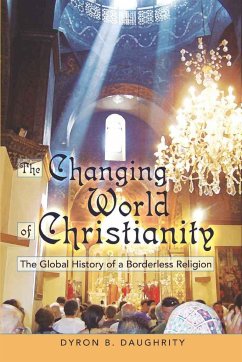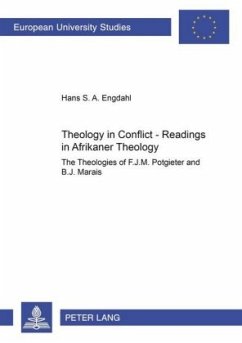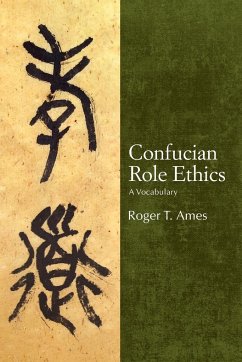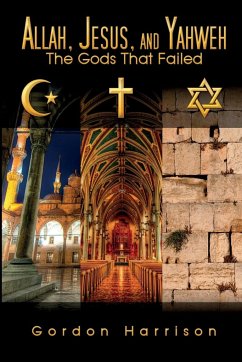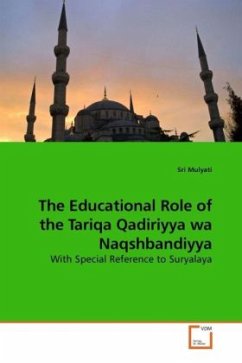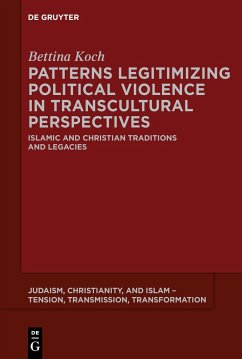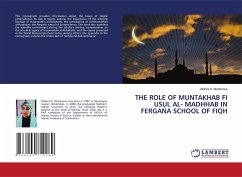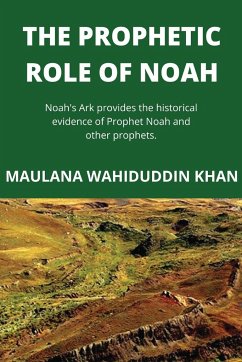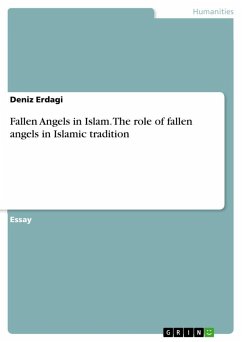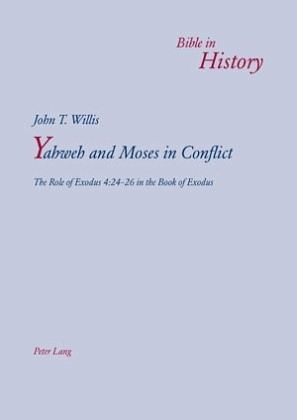
Yahweh and Moses in Conflict
The Role of Exodus 4:24-26 in the Book of Exodus
Versandkostenfrei!
Versandfertig in 6-10 Tagen
92,95 €
inkl. MwSt.

PAYBACK Punkte
0 °P sammeln!
The interpretation of Exodus 4:24-26 is very controversial. Scholars have treated this text from various viewpoints on the basis of divergent methods or approaches. Two fundamental problems cause uncertainty about the origin and meaning of this text. One problem has to do with the nature of Exod 4:24-26. Another problem is the identity of the persons mentioned in Exod 4:24-26. This book arranges forty-two documented interpretations under each approach or approaches, presenting the view of each scholar proposing his/her interpretation of Exodus 4:24-26 in chronological order. The author present...
The interpretation of Exodus 4:24-26 is very controversial. Scholars have treated this text from various viewpoints on the basis of divergent methods or approaches. Two fundamental problems cause uncertainty about the origin and meaning of this text. One problem has to do with the nature of Exod 4:24-26. Another problem is the identity of the persons mentioned in Exod 4:24-26. This book arranges forty-two documented interpretations under each approach or approaches, presenting the view of each scholar proposing his/her interpretation of Exodus 4:24-26 in chronological order. The author presents his own view in the concluding chapter, essentially adopting a redactional, canonical, narrative, rhetorical methodology.



